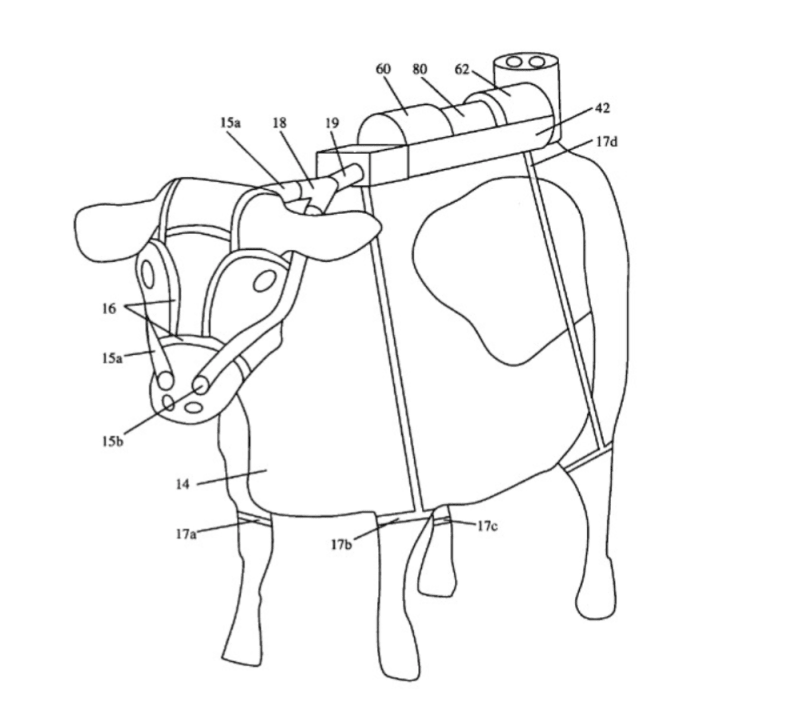JoshPlumSE
Structural
Someone asked a question about "synthetic fuels" on another forum where we were talking about gas prices and such. I don't know much about this subject, so I thought I would ask this forum about it and see if I can learn anything from you guys.
I know that I've read about "bio-diesel" fuels that cost about the same as Diesel (on a per gallon basis). My impression is that these are made from vegetable oils and that these can be used in standard diesel engines. Does anyone know if that's true?
Is there any research being done on a "bio-gasoline" that could be used in 4 stroke engines?
Now, I also remember an article (see below) which talked about Ethanol as a fuel and how it would not be any more carbon friendly than gasoline. This is certainly debatable. But, I wonder if the idea of using the farmland for both bio-diesel and ethanol at the same time would significantly change that assessment. It's not difficult to see how this would be done, the sugars from the corn are used to produce ethanol, the fats from the corn are used to produce bio-diesel.
I know that I've read about "bio-diesel" fuels that cost about the same as Diesel (on a per gallon basis). My impression is that these are made from vegetable oils and that these can be used in standard diesel engines. Does anyone know if that's true?
Is there any research being done on a "bio-gasoline" that could be used in 4 stroke engines?
Now, I also remember an article (see below) which talked about Ethanol as a fuel and how it would not be any more carbon friendly than gasoline. This is certainly debatable. But, I wonder if the idea of using the farmland for both bio-diesel and ethanol at the same time would significantly change that assessment. It's not difficult to see how this would be done, the sugars from the corn are used to produce ethanol, the fats from the corn are used to produce bio-diesel.

